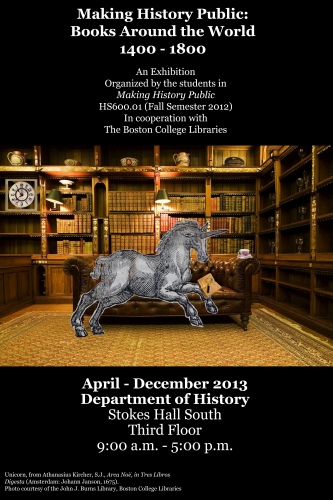Europe experienced a revolution in book production and literacy between 1400 and 1800. We usually assign the start of the revolution to the invention of the printing press by Johan Gutenberg of Mainz (Germany), around 1450. But Gutenberg fuelled what had already begun: a sizable expansion in the number of handwritten or manuscript books produced, sold, and owned, together with a growth in literacy. Manuscripts were handwritten, and thus available in limited numbers of copies. The invention of movable type transformed the book market, dramatically expanding the numbers of editions and individual copies of books. By the early decades of the sixteenth century, multiple publishers had established businesses in every European city. Despite the greater availability of books, this was an era of low literacy rates by our standards. But most cities, towns, and villages had a few schools and tutors who taught children and adults to read. Books were published in ancient languages like Latin, as well as vernacular languages like English, German, French, and Spanish. As in Europe, large cities in the Arab Mediterranean world experienced a similar growth in book production and literacy. Over the course of the early modern period, books became a key way in which knowledge was transmitted from person to person, community to community, and generation to generation. Books are not the only means by which early modern people shared and acquired knowledge. But they offer history students today a good avenue to understanding what people of this era thought was important.
This exhibition presents an array of manuscripts and printed books, on a wide variety of topics, drawn from the John J. Burns Library at Boston College. We also present one manuscript from Houghton Library at Harvard University. Among the topics discussed in the books displayed here are prayer and spirituality; culinary and medical recipes; travel and adventures abroad; histories of the ancient and modern worlds; war and politics; literature, fairy tales, and works of fantasy; astronomy and the universe; and the languages and customs of Jews, Muslims, and Amerindians.

